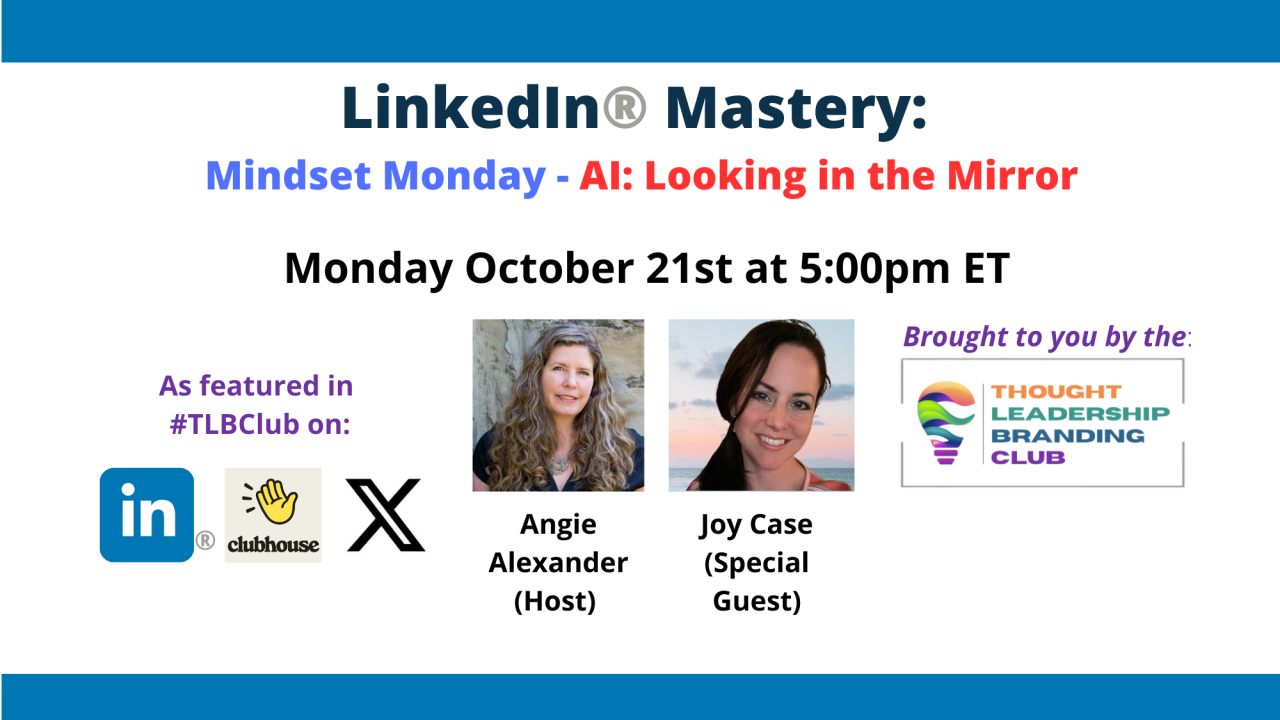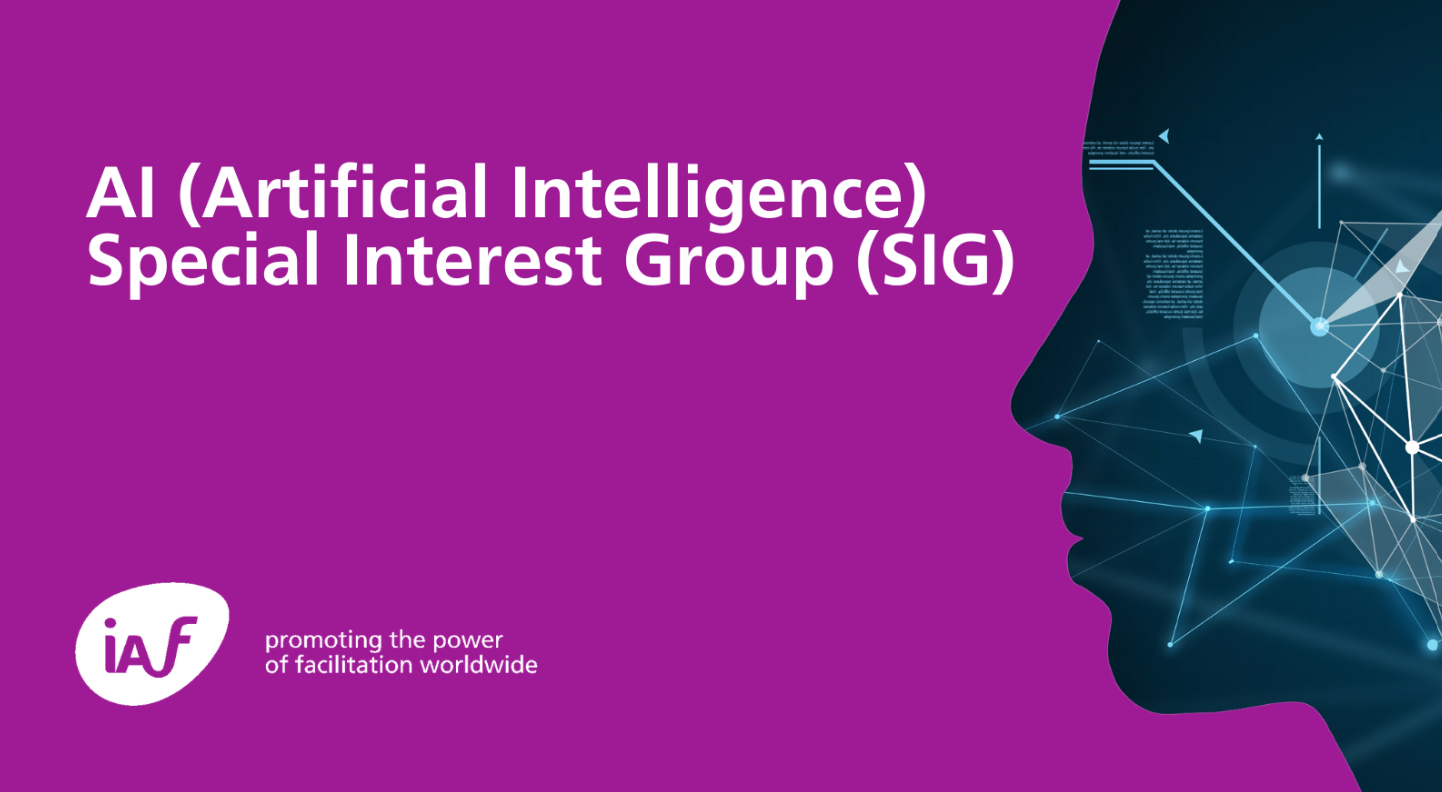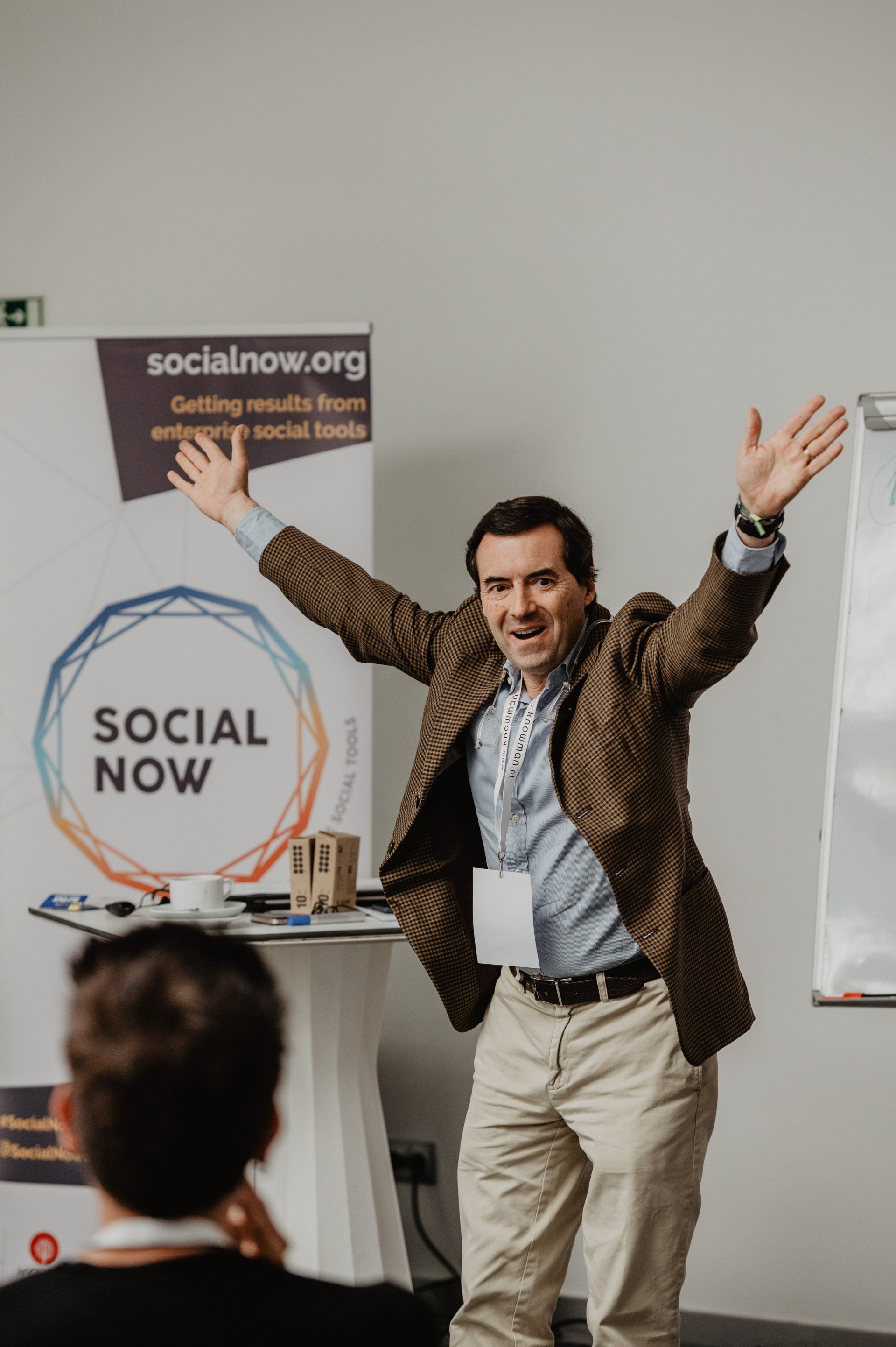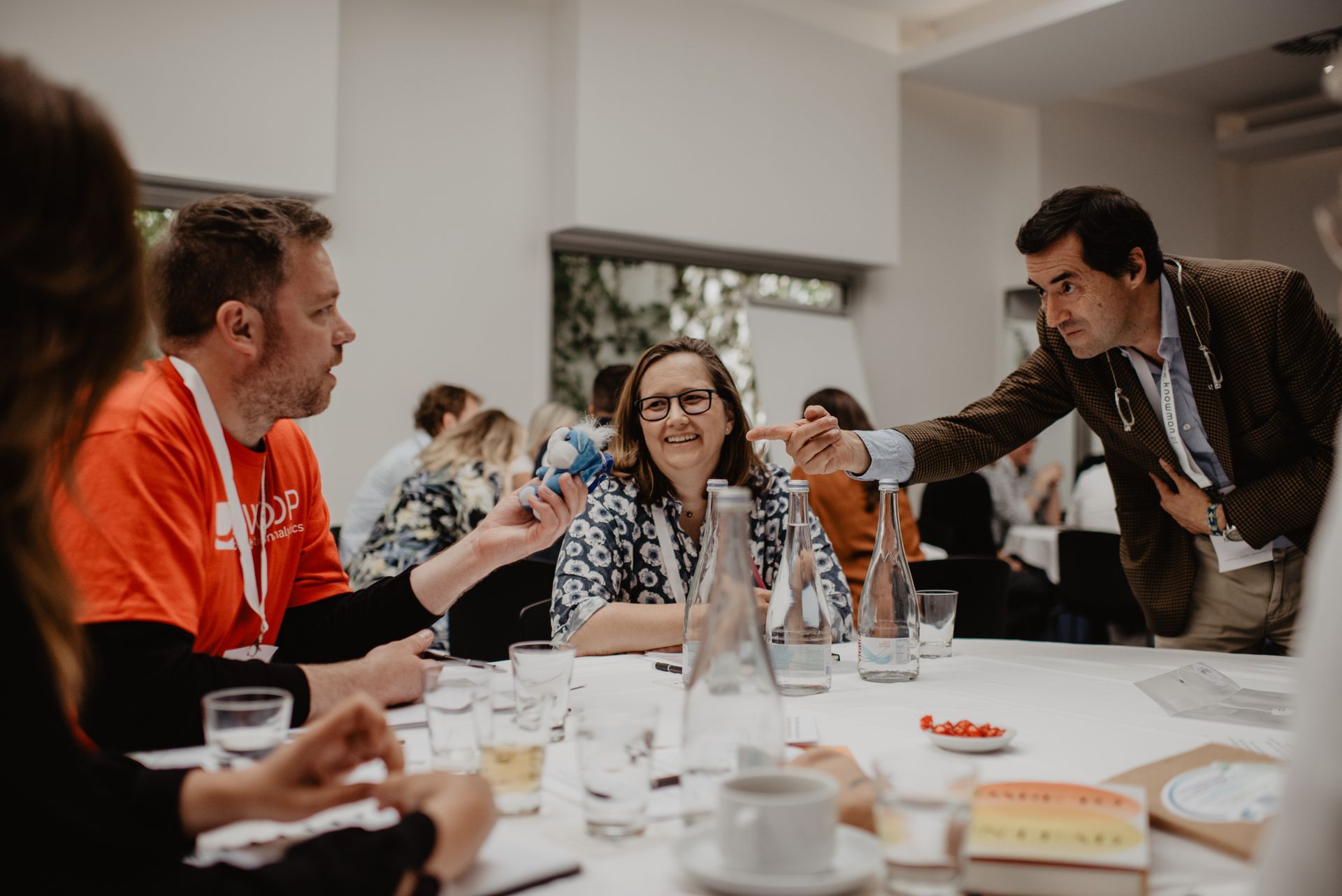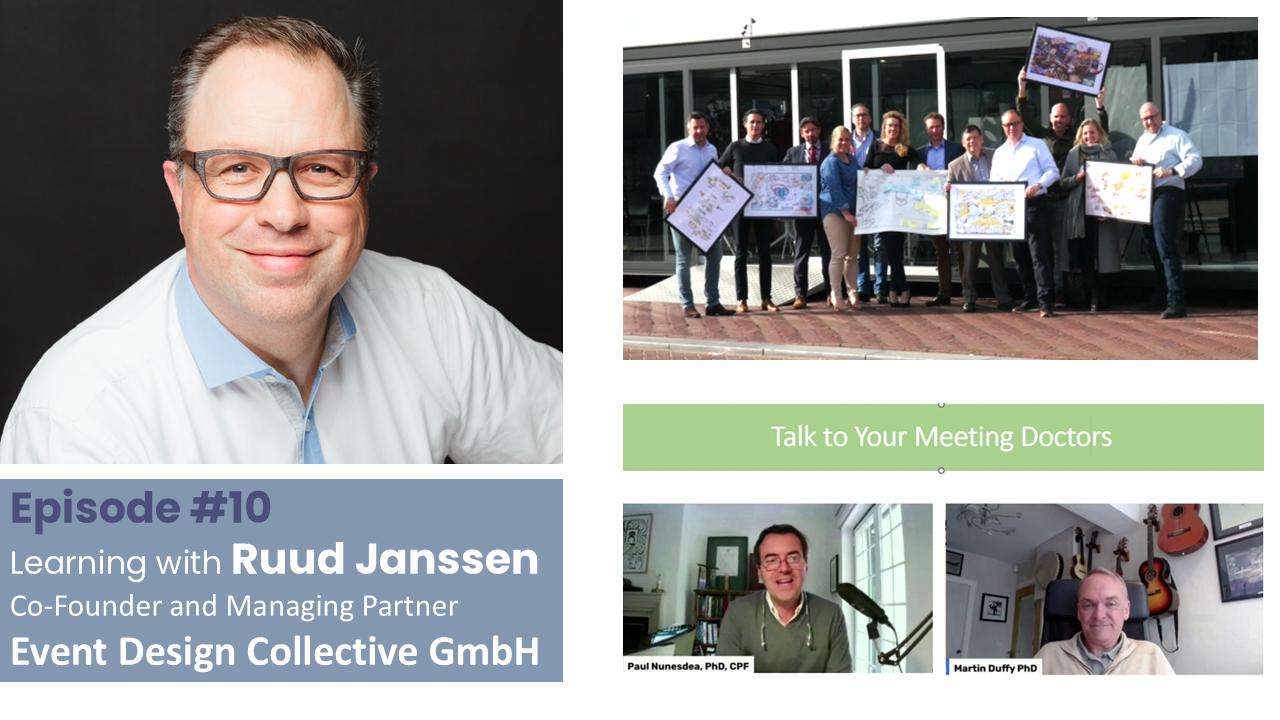
Roundtable Principles for Architecting Collaboration
A Purpose-Driven Framework for Meaningful Collaboration
Collaboration is the cornerstone of success in our increasingly interconnected world, yet achieving it effectively requires more than good intentions.
The Roundtable Principles for Architecting Collaboration offer a thoughtfully curated framework to empower teams and organizations to work together with purpose and clarity.
These principles, drawn from universal truths and refined through decades of professional experience, provide actionable guidance for building inclusive, adaptive, and high-performing teams.
By organizing the principles into three functional blocks—Foundational, Operational, and Future-Oriented—this article simplifies the path to creating sustainable and impactful collaboration.
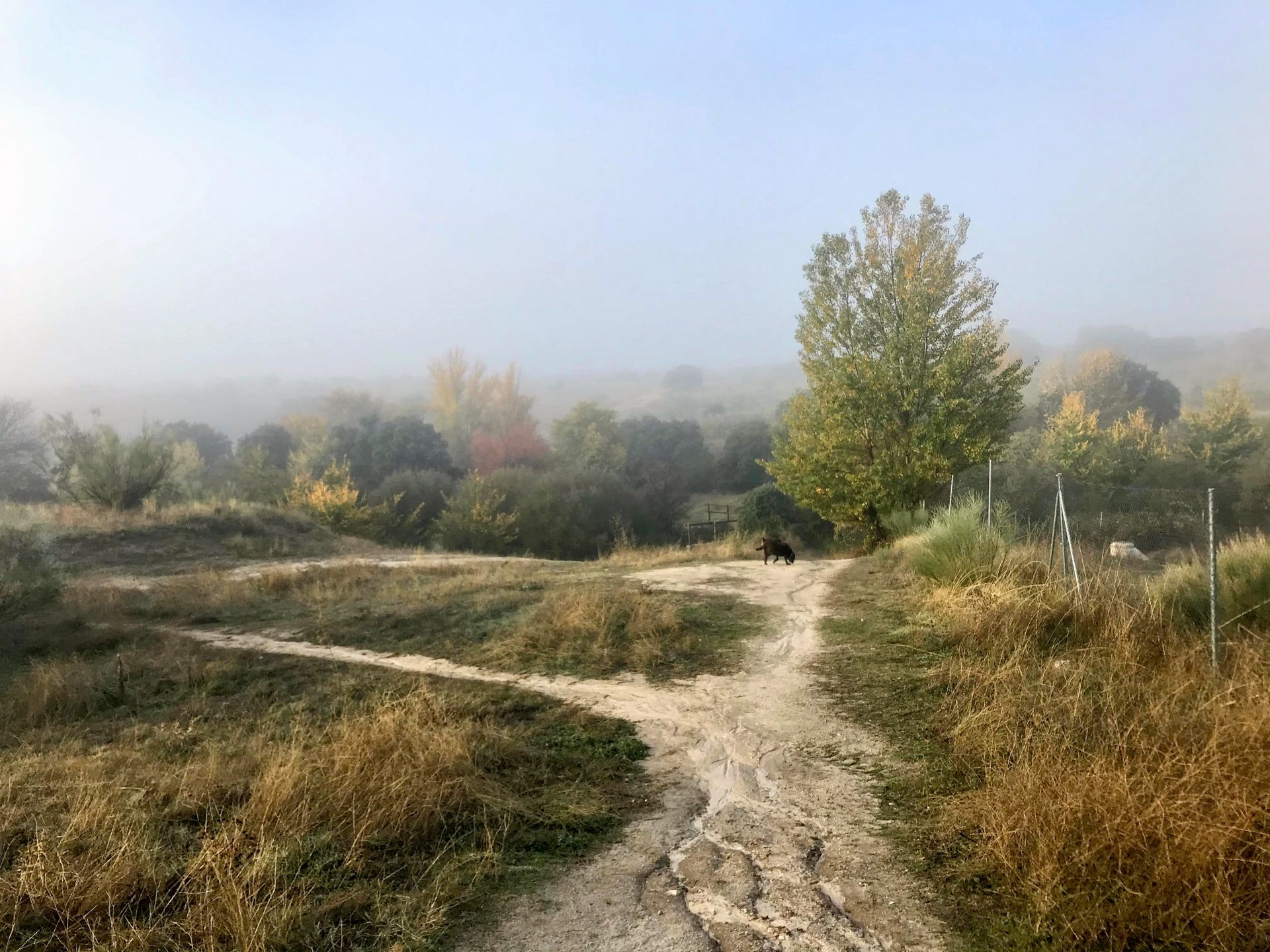
In today’s fast-paced, interconnected world, collaboration isn’t just a skill—it’s an essential capability for thriving in complex environments.
As a Collaboration Architect, I have witnessed how thoughtfully designed collaboration can transform groups into high-performing, adaptive teams. However, I must emphasize that these principles are not my creation. Rather, they are universal truths I have encountered and curated over many years of professional practice as both a facilitator and a CEO.
The Roundtable Principles for Architecting Collaboration are a purpose-driven framework that aligns inclusivity, effective practices, and long-term innovation, brought to life through my experiences and reflections.
This evolved approach reflects my philosophy of intentionality, expertise, and adaptability. To help make these principles more actionable and accessible, I’ve organized them into three foundational blocks: Foundational Principles, Operational Principles, and Future-Oriented Principles. Each block represents a tier of collaboration, progressing from establishing a strong foundation to creating sustainable impact.
A Reminder of the 14 Roundtable Principles
The Roundtable Principles represent a constantly evolving process designed to empower individuals and teams. Here is an overview of the principles:
- Inclusivity: Ensure all relevant stakeholders and diverse perspectives are represented at the table. A wide range of viewpoints leads to richer discussions and innovative solutions.
- Active Participation: Encourage active engagement from all participants. Everyone should have the opportunity to contribute their insights, ideas, and expertise.
- Collective Ownership: Instill a sense of shared responsibility for outcomes. Participants should understand that the success of the collective decision rests on their commitment to implementation.
- Data-Driven Decision-Making: Emphasize the importance of evidence, data, and facts in discussions. Decisions should be grounded in objective information to ensure well-informed choices.
- Respectful Dialogue: Foster an environment of respect and open-mindedness. Participants should listen actively, acknowledge differing viewpoints, and refrain from personal attacks or dismissive behavior.
- Iterative Approach: Embrace a willingness to iterate and refine ideas and solutions. Be open to feedback and continuous improvement throughout the decision-making process.
- Empathy and Understanding: Encourage empathy and understanding of each other's perspectives and needs. Recognize that diverse backgrounds and experiences contribute to a broader understanding of the issue at hand.
- Transparency: Ensure transparency in the decision-making process. Clearly communicate the steps, criteria, and timelines involved in reaching a decision.
- Conflict Resolution: Develop strategies for addressing conflicts and disagreements constructively. Conflicts should be seen as opportunities for growth and deeper understanding.
- Consensus Building: Strive for consensus when possible, seeking solutions that are acceptable to the majority of participants. However, be willing to consider alternative decision-making methods when necessary.
- Accountability: Establish mechanisms for tracking and holding individuals and the group accountable for their commitments and actions following the decision.
- Documentation: Maintain comprehensive records of discussions, decisions, and action items. Documentation helps ensure transparency, accountability, and a clear historical record.
- Continuous Learning: Encourage a culture of continuous learning and adaptation. Reflect on past decisions and outcomes to inform future discussions and improve the decision-making process.
- Technology Integration: Leverage technology, such as AI-powered platforms, to facilitate collaboration, streamline documentation, and enhance communication among participants.

1. Foundational Principles: Building the Framework for Collaboration
The foundational block establishes the groundwork for a productive and inclusive environment:
- Inclusivity: Bring diverse voices to the table. True innovation emerges when different perspectives converge.
- Respectful Dialogue: Create a safe space for open and honest communication. Respect fosters trust, the cornerstone of collaboration.
- Transparency: Ensure clarity in processes, roles, and decisions. Trust thrives in the light of transparency.
These principles set the stage for a collaborative culture where everyone feels heard, valued, and empowered.
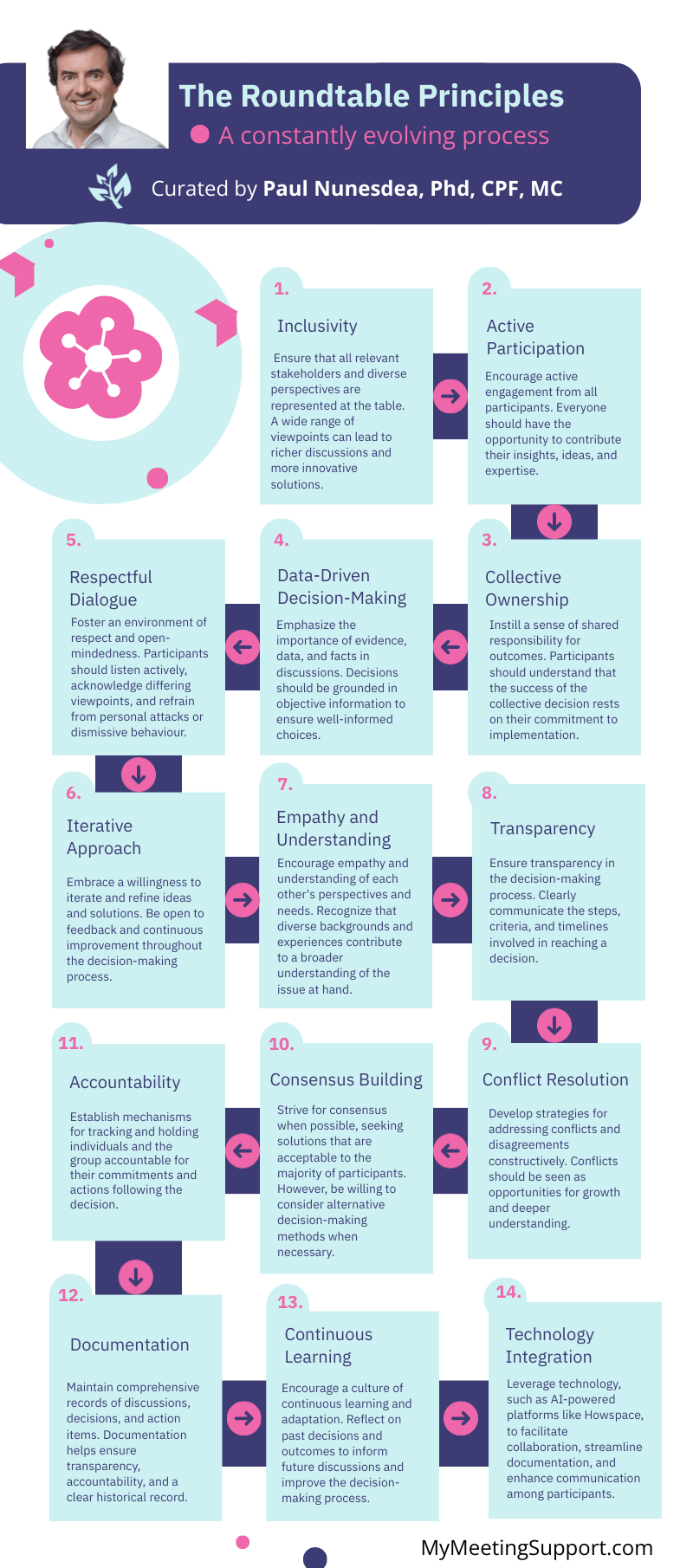
2. Operational Principles: Facilitating Effective Collaboration
The operational block focuses on daily interactions and practices to ensure collaboration remains efficient and impactful:
- Active Participation: Engage every stakeholder meaningfully. Collaboration isn’t a spectator sport.
- Data-Driven Decision-Making: Ground choices in evidence and analysis. Decisions informed by data inspire confidence and drive results.
- Conflict Resolution: Turn disagreements into opportunities for growth and innovation. Tensions, when managed constructively, can spark creative breakthroughs.
- Iterative Approach: Build adaptability into the collaboration process. Flexibility allows teams to evolve and improve.
With these principles, teams can navigate the complexities of collaboration with clarity and purpose.
3. Future-Oriented Principles: Sustaining and Innovating Collaboration
The future-oriented block ensures long-term impact and resilience by focusing on continuous improvement:
- Continuous Learning: Adapt and grow from past experiences. Each project is a stepping stone toward mastery.
- Consensus Building: Strive for unity while valuing diverse perspectives. Harmony doesn’t mean uniformity, but alignment toward shared goals.
- Technology Integration: Use tools to streamline communication and decision-making. Technology should enhance—not replace—the human connection.
- Accountability: Hold individuals and the group accountable for shared goals. Responsibility ensures that promises turn into outcomes.
By embedding these future-oriented principles, teams can sustain momentum and remain resilient in an ever-changing landscape.
The Why Behind the Principles
At its core, the Roundtable Principles for Architecting Collaboration are more than a framework; they are a commitment. A commitment to creating spaces where ideas flourish, where challenges become opportunities, and where individuals come together to achieve extraordinary outcomes.
These principles empower groups to align their efforts, adapt to challenges, and achieve shared success. They remind us that collaboration is an art and a science—a dynamic process that requires intention, structure, and heart.
The International Association of Facilitators (IAF) Core Competencies add an extra dimension to this commitment, providing a professional framework that brings the Roundtable Principles to life in practice. These core competencies translate the values of inclusivity, transparency, and co-creation into actionable behaviors and measurable skills, ensuring that facilitation is grounded in ethical, results-driven, and adaptive approaches.
Together, the Roundtable Principles and IAF Core Competencies form a powerful synergy, enabling facilitators to not only design impactful collaborative processes but also to guide teams toward meaningful and lasting outcomes.
Closing Thoughts
Collaboration is a journey, not a destination. Whether you are facilitating a meeting, managing a team, or leading a large-scale initiative, the Roundtable Principles for Architecting Collaboration offer a blueprint for fostering meaningful, inclusive, and effective teamwork.
As a humble curator of these principles, my goal is to share them widely so that others may benefit from the insights I’ve gathered through years of practice and reflection. Together, let’s build the future of collaboration—one roundtable at a time.
References
You may also want to explore these other articles about these Roundtable Principles:
On LinkedIn - The Journey of a Collaboration Architect and the Roundtable Principles
In this blog: Revisiting the Roundtable Principles for Architecting Collaboration: A Personal Journey
About the Author
Paul Nunesdea is the English pen name of Paulo Nunes de Abreu, Facilitator, Master of Ceremonies, Author, and Publisher of the Architecting Collaboration book series. He is an IAF Certified Facilitator™ who designs and hosts events for clients ranging from large corporations to governmental organizations.
As the founder of col.lab | collaboration laboratory, Paul leads initiatives like My Meeting Support and Debate Exímio Lda, hosting innovative events such as the Health Data Forum and the Health Regions Summit, driving collaboration in healthcare and beyond.

Follow Us
"Be brave enough to start conversations that matter and shift the direction of change for the better."
col.lab | collaboration laboratory is a spin-off from the book series " Architecting Collaboration " and our privacy policy can be consulted here
My Meeting Support is an event services brand by col.lab | collaboration laboratory










